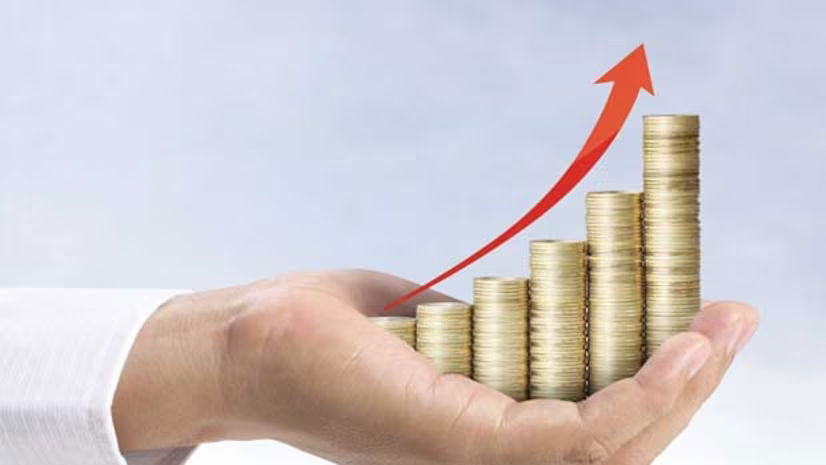The concept of buyback shares in company law refers to a share repurchase process in which a company repurchases its shares, either from the open market or directly from its shareholders. Buyback of shares is a financial restructuring strategy typically carried out through a buyback share program. This program sets the company’s limit for purchasing shares and determines the duration of the buyback program.
Objectives of Buyback Shares of 2013
a) In the Case of Excess Capital
When a company has excess capital in its balance sheet, it can engage in the process of buyback of shares as a means to distribute the surplus funds to its shareholders.
b) To Increase Share Price:
Buyback of company shares is an effective strategy to increase the share price in the market. When shares are repurchased from shareholders, it creates a demand for the shares in the market, subsequently driving up the share price.
c) Improve Financial Ratios:
The buyback of shares contributes to an increase in the Earnings Per Share (EPS) value, thereby improving the company’s financial ratios.
d) Signal Confidence:
Investors often see the decision to buy back shares as a signal of confidence. Companies exercise this option when they perceive a decrease in the value of their shares. By repurchasing shares, they demonstrate their confidence in the company’s prospects.
Important Provisions of Buyback Shares
a) Sec 68(1)(a): A company can engage in the buyback of shares using its reserves.
b) SEC 68(2)(b): A company can engage in the buyback of shares based on a board resolution for up to 10 percent of its paid-up capital plus free reserves. Alternatively, a special resolution can permit a buyback for up to 25 percent of its paid-up capital plus free reserves.
c) SEC 68(2)(c): The buyback is limited to 25 percent of the aggregate share capital and free reserves.
d) SEC 68(2)(d): The debt-equity ratio should not exceed 2:1 after the buyback. However, if a government company is engaged in NBFCs (Non-Banking Financial Companies), the debt-equity ratio can be up to 6:1.
SEC 68(3): The notice containing the special resolution, along with necessary details such as the amount of investment in shares and the reasons for buyback, should be provided.
SEC 68(4): Every buyback must be completed within one year of passing the special resolution or board resolution.
SEC 68(5): Shares can be repurchased from existing shareholders or security holders, from the open market, or by purchasing securities issued to employees.
SEC 68(6): The company must submit a declaration of solvency in the form of SH-9, signed by two directors, one of whom should be the managing director. An affidavit verified by the board of directors is also required to accept the buyback process. Additionally, documents such as statements of assets and liabilities, auditors’ reports, and any other optional documents should be submitted to the registrar.
SEC 68(7): The company must destroy share certificates within seven days of the buyback. In the case of an unlisted company, the share certificates are destroyed. In contrast, for a listed company, the certificates are stored in dematerialized form and held by the depositories.
Prohibition of Buyback (SEC 70)
SEC 70 prohibits the purchase of securities in some instances, including:
a) Purchasing securities in any subsidiary company or a subsidiary of the organization.
b) Purchasing securities in any investment company or company owned by the organization.
c) Purchasing securities in any company that has failed to file annual returns or filings.
Conclusion
The concept of share buyback is a practical and valuable process that enhances an organization’s financial structure. It helps maintain share prices, increases the reputation of the organization’s shares, and provides a means to distribute excess capital to shareholders. By optimizing financial ratios and signaling confidence to investors, the buyback of shares can significantly contribute to a company’s overall success.





